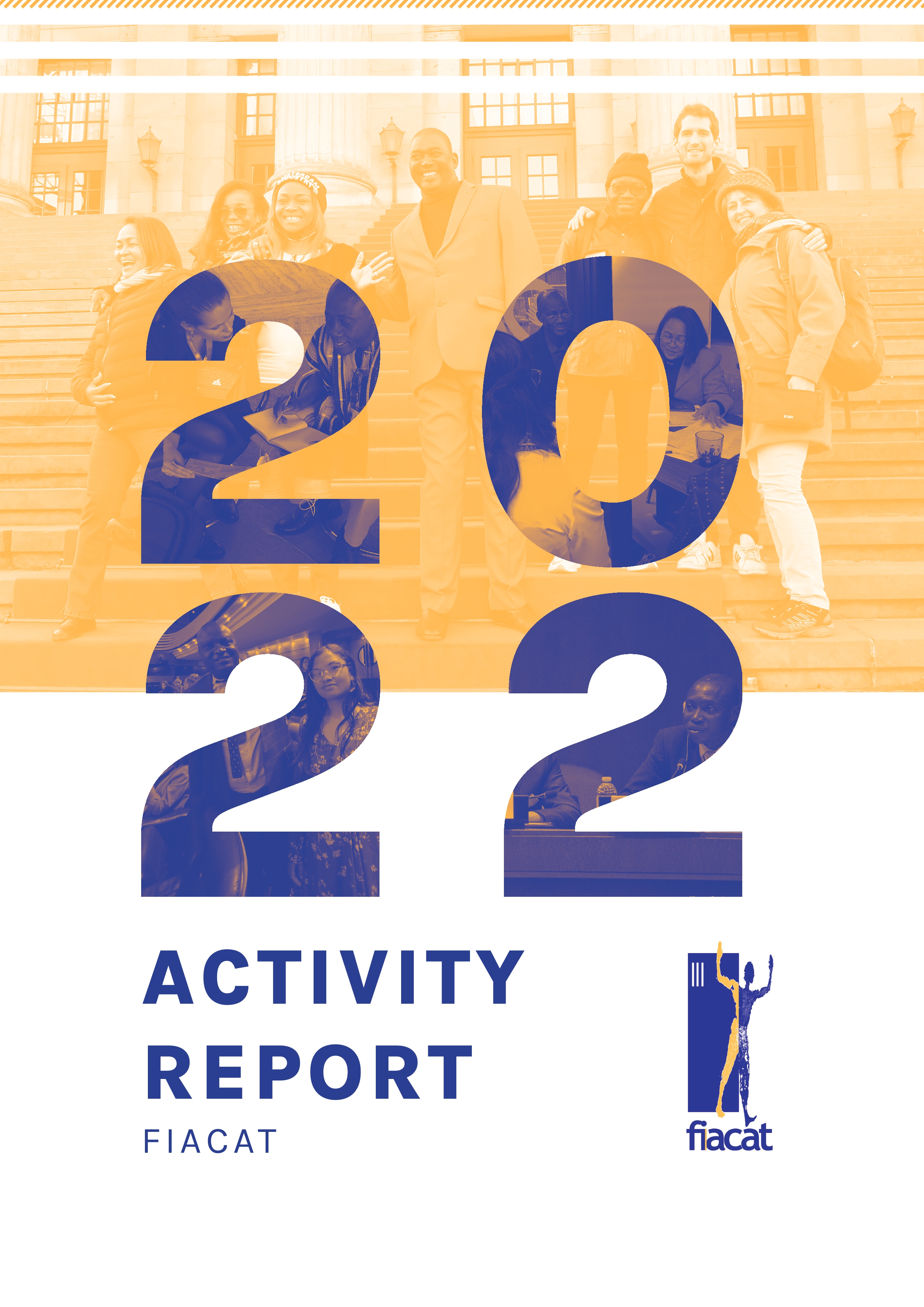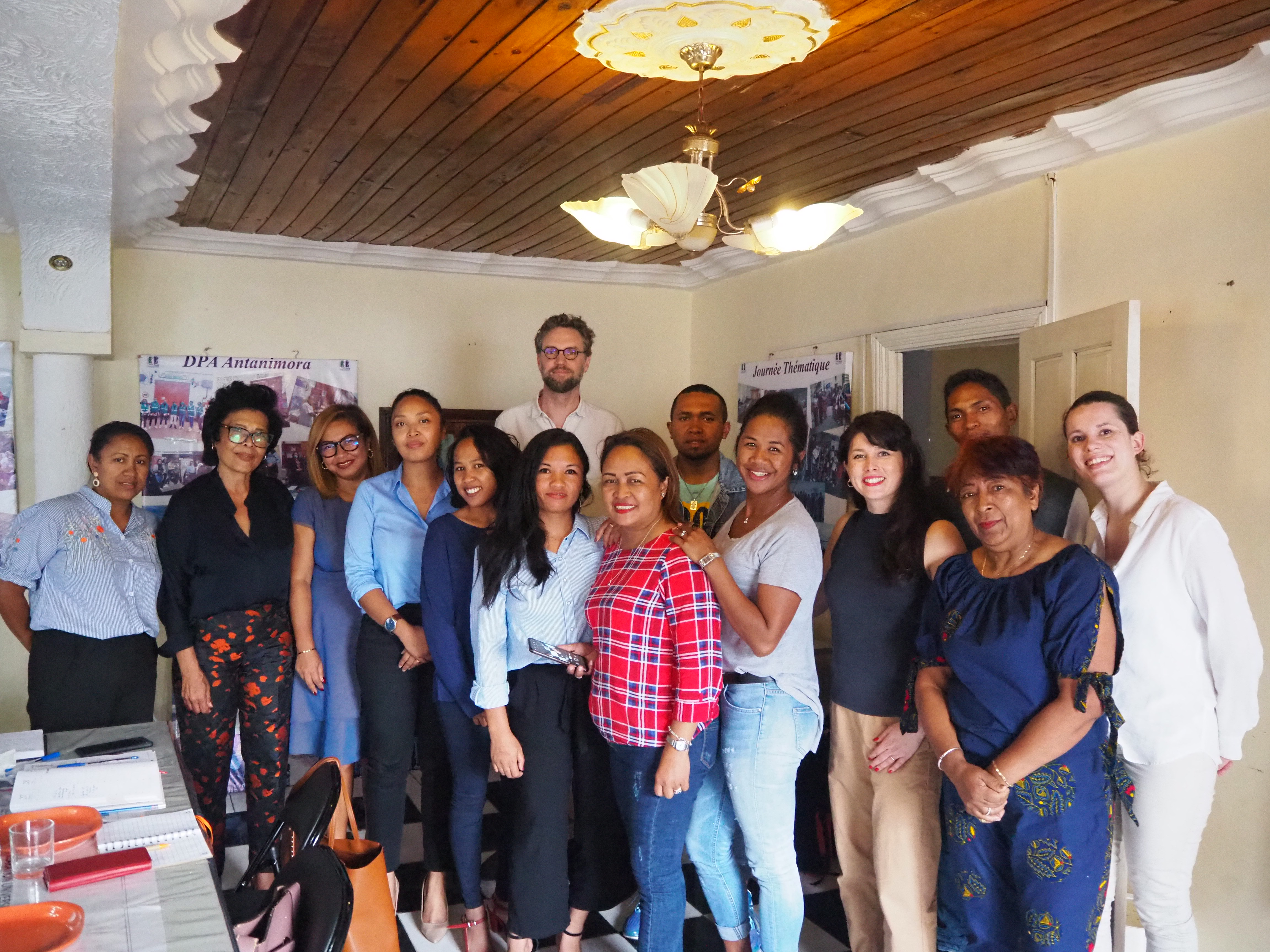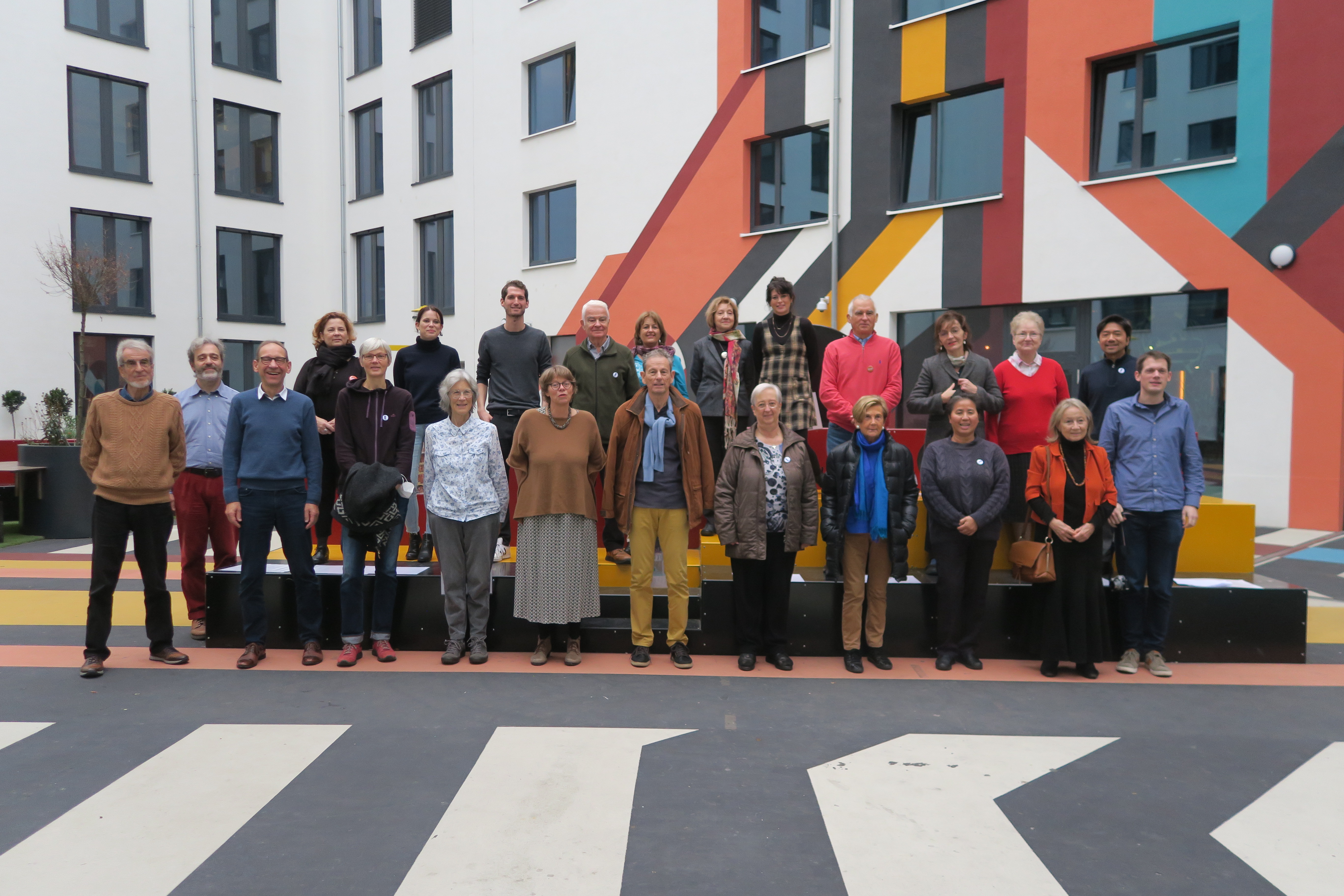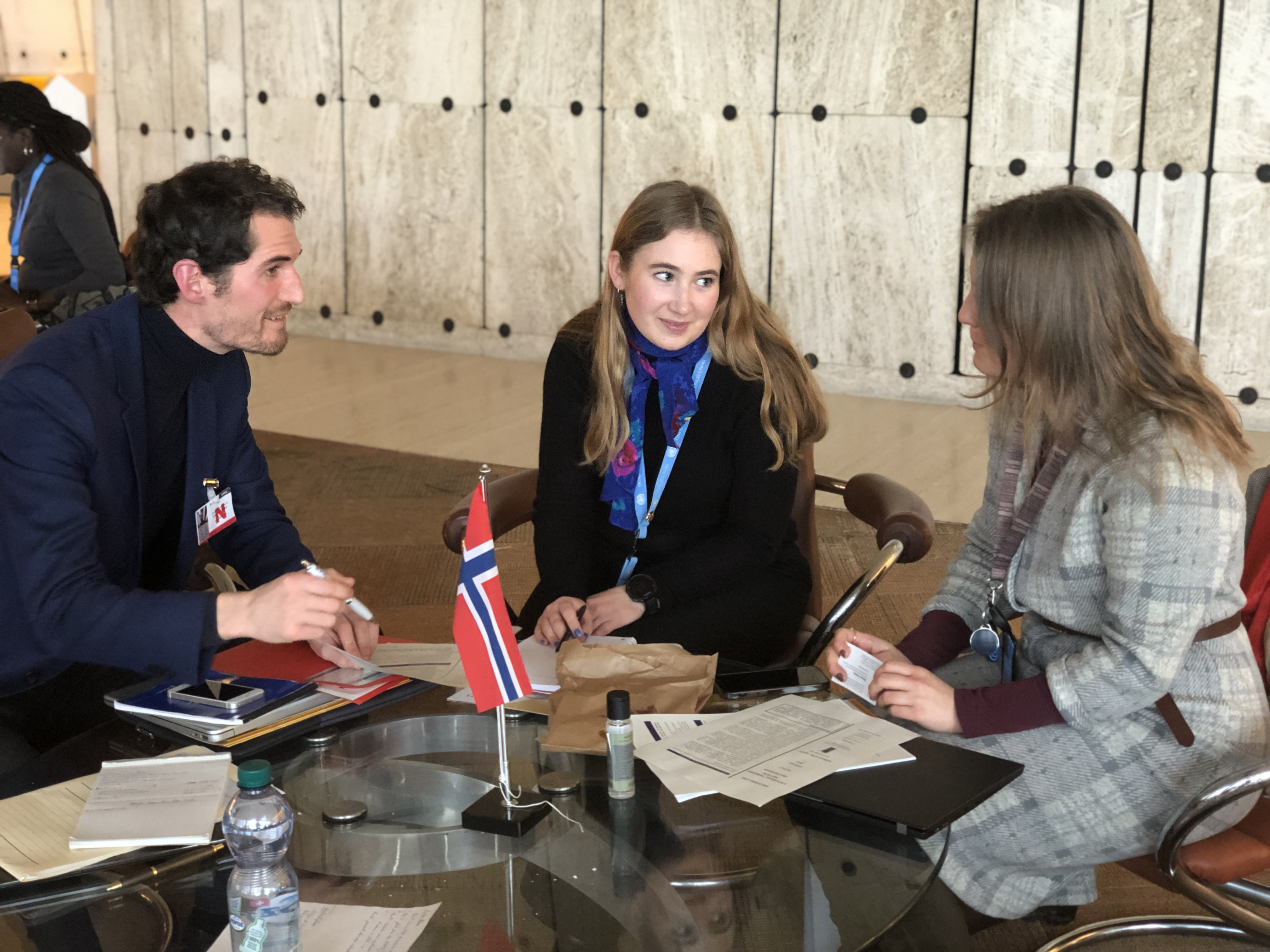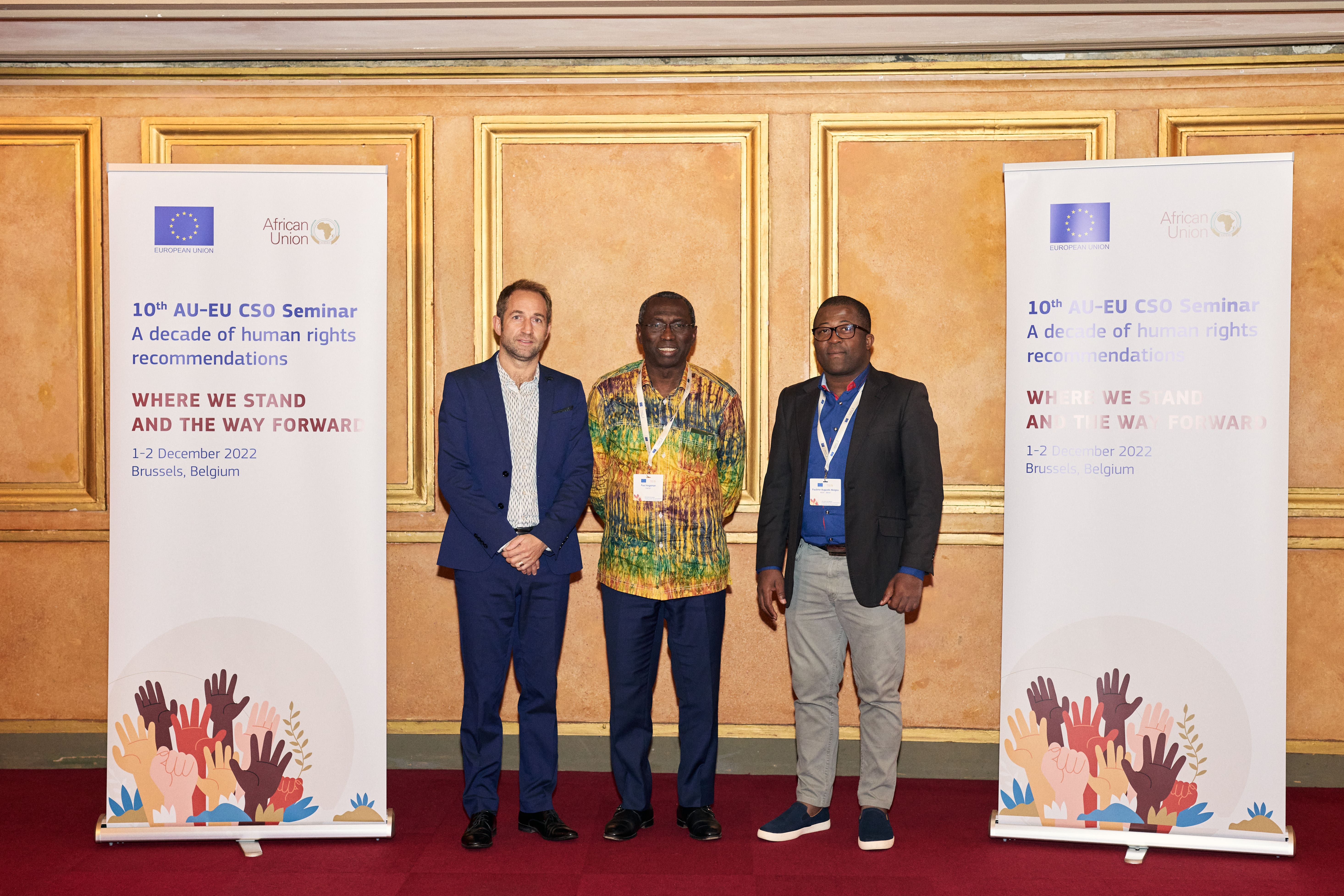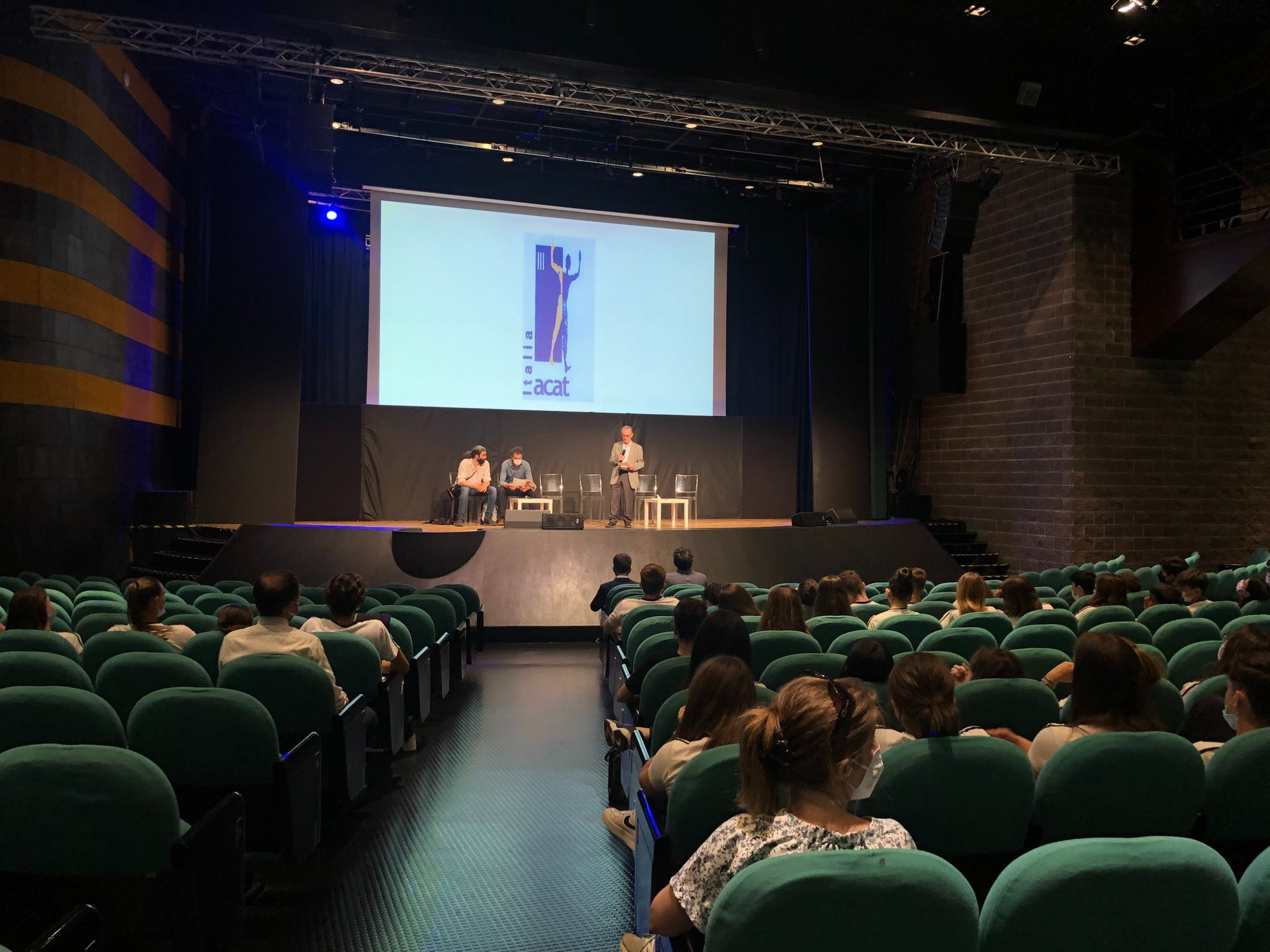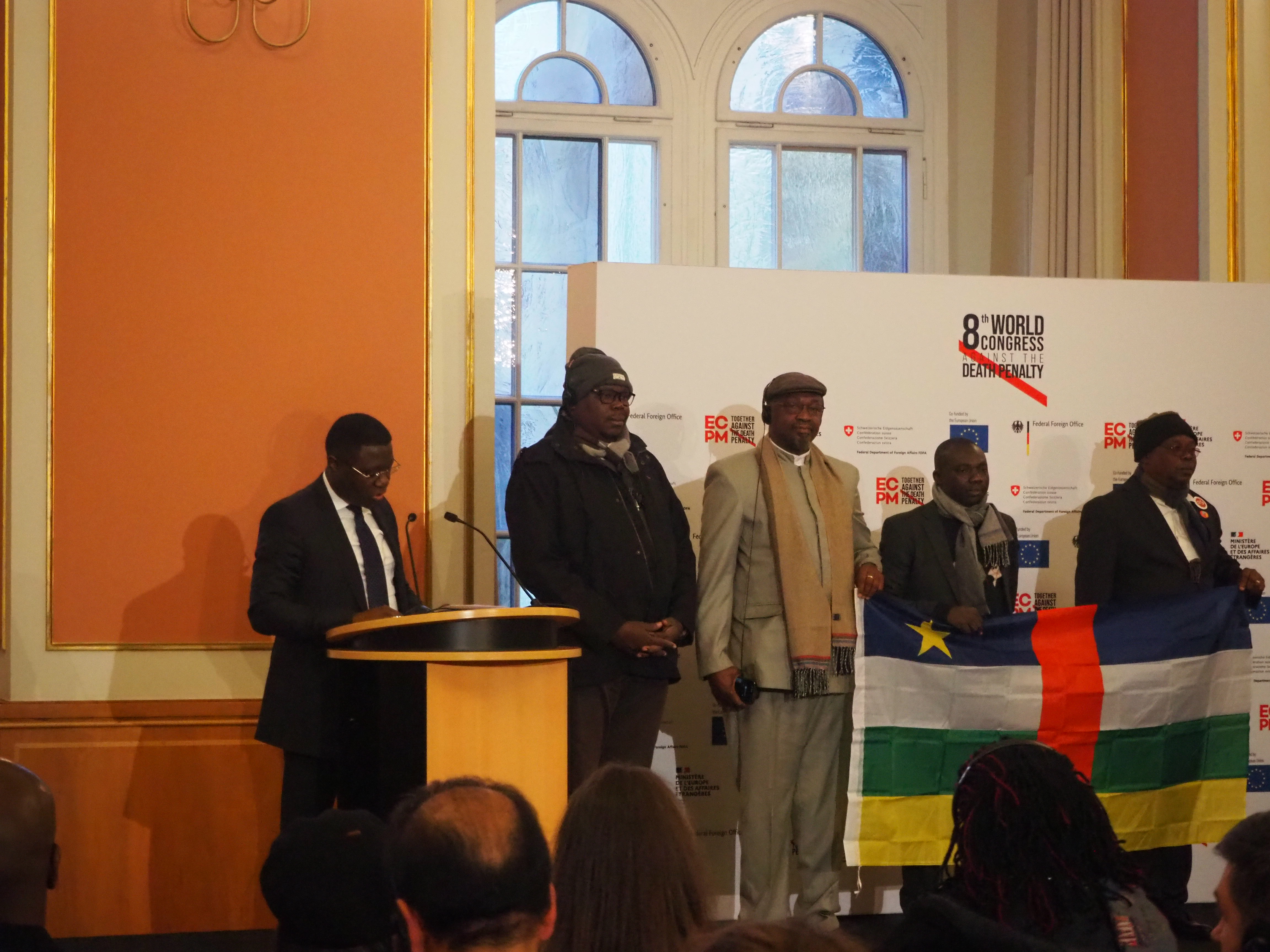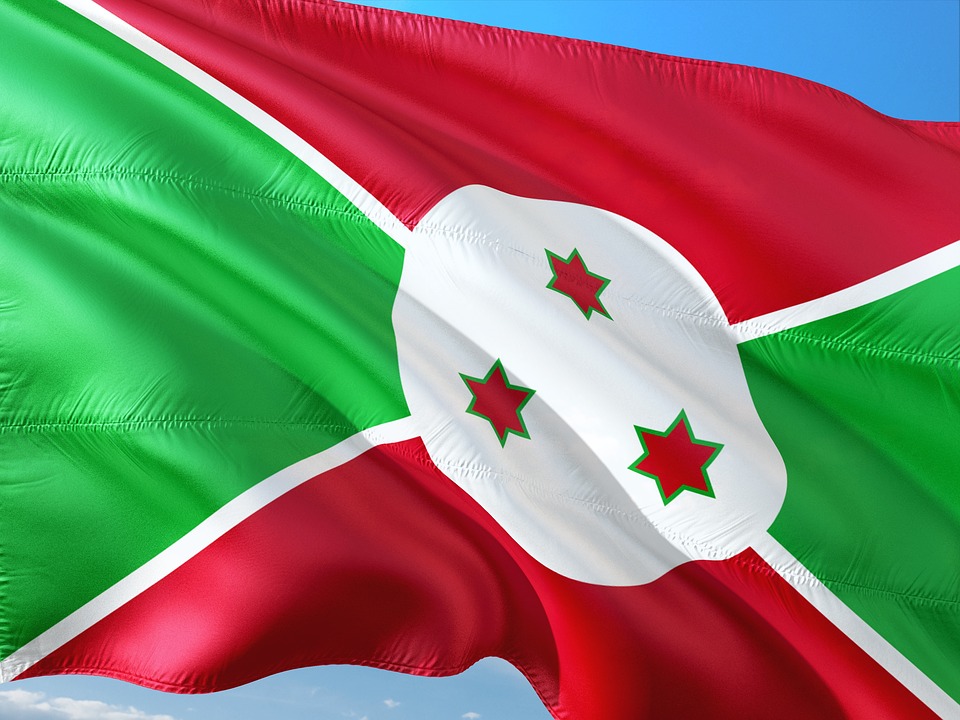ACAT Burundi, whose members are currently in exile, has co-signed a statement by civil society organisations deploring the lifting of sanctions against Burundi decided by the European Union on 8 February 2022. In solidarity with its Burundian member, FIACAT relays its concerns and this joint declaration.
Joint statement from Burundi’s civil society : We deplore the European Union’s decision to lift its sanctions against Burundi
One week ahead of the African Union/European Union summit in Brussels on February 17 and 18, 2022, which the Burundian authorities are expected to attend, Burundi’s civil society in exile expresses its disappointment and concern regarding the decision announced on February 8 by the European Union (EU) to lift its sanctions against Burundi. These measures were adopted in 2016 as part of the Cotonou Agreement, following a serious deterioration of the human rights situation in the country.
« I am outraged by the European Union’s decision to cooperate with a country that continues to commit human rights abuses », said a Human Rights Defender (HRD) who wished to remain anonymous. The announcement of the lifting of the sanctions comes at a time when no significant progress has been seen in terms of human rights in the country. On the contrary, in the last six years, there has been no real reform in any of the areas in which the EU was demanding progress listed in the 2016 « matrice des engagements » (« template of commitments » ). « One cannot help but think that the lifting of the sanctions goes against the values upon which the European Union was founded », said Dieudonné Bashirahishize, member and former chairman of the Collective of Lawyers for the Defense of Victims (Collectif des Avocats pour la Défense des Victimes, CAVIB).
« The situation we fled remains the same today », he added. In 2015, many members of civil society were forced to go into exile because of widespread assaults against freedom of expression and freedom of association in Burundi. At that time, Burundian authorities, responding to organised opposition to then- President Pierre Nkurunziza’s bid for a third term, committed numerous extrajudicial killings and forced disappearances with near-total impunity. Thousands of arbitrary arrests and detentions were also reported, together with allegations of torture and cruel and inhuman treatment against detainees. Six years on, Dieudonné Bashirahishize notes that « the regime in Burundi has changed its discourse, but there is no real change on the ground ».
Evariste Ndayishimiye’s rise to power in 2020 brought hopes of a transition in Burundi. « Fine words are being said, but they are not always followed by fine acts », said Anschaire Nikoyagize, President of the ITEKA League. Despite the release in 2020 of the four journalists of Iwacu, and that of human rights activist Germain Rukuki in 2021, the situation is still extremely troubling for civil society. The case of the lawyer Tony Germain Nkina, who, at the conclusion of an unfair trial, was sentenced in October 2021 to five years in prison because of his previous association with a human rights group, underlines the continued relentless attacks against human rights activists in Burundi. « The political arena is under lock and key. Many activists are arrested merely for attending meetings », said Gervais Nibigira, Vice-President of the Upstanding Citizens Network (Réseau des Citoyens Probes, RCP).
Burundian authorities also attack human rights activists who have fled the country. « The threats that prompted us to leave the country remains », said Anschaire Nikoyagize. On February 2, 2021, Burundi’s Supreme Court announced the sentencing of 12 human rights activists currently in exile to life in prison, based on unfounded charges of « attacks against the State authority », « murders » and « destruction ». If these individuals decided to return to Burundi, they would face being arrested and detained on the basis of that verdict, which was pronounced in the absence of the defendants, and without them having access to their case files.
« How could we go back to a country where one is at risk of being abducted, arbitrarily arrested, or murdered ? », said Germain Rukuki in response to calls by the government for the return of the exiles. As for calls for « observing a period of silence » after returning to the country, Eulalie Nibizi, former president of the Education Workers Union in Burundi, replies : « Why should we come back if we must stay silent ? »
In addition to the human rights activists, many citizens of Burundi who left the country after suffering serious violations of their rights do not wish to return, despite government pressure. Chantal Mutamuriza, Executive Director of Light for All, said : « I work with people who were victims of sexual violence and are refugees in Uganda. Most cannot return because they were never treated for their physical and psychological wounds. Some would rather die than return. »
Burundian civil society groups working in exile note that the security situation remains very worrisome. Pacifique Nininahazwe, President of the Forum on Conscience and Development (Forum pour la Conscience et de Développement, FOCODE), explained that the organisation’s documentation shows that « the number of disappearances has grown since the arrival of the new President ». Also, the ITEKA League has continued these past years to document many violations throughout the country, including murders, arbitrary arrests, and sexual violence. These acts are committed with total impunity : authorities are often aware of, or at the source of, the violations and the perpetrators are very rarely held accountable.
« I cannot see on what basis the EU can say that there has been an improvement of the human rights situation in Burundi », said Pacifique Nininahazwe. This view is shared by Burundian human rights activists in exile, like Marie-Louise Baricako, president of the Inamahoro movement, who said : « The sanctions were adopted in response to the human rights and governance situation. These are the two most dire areas today in Burundi ». Eulalie Nibizi deplored the fact that « unfortunately the victims do not have the power to influence the decisions of the European Union ».
« Lifting the sanctions will probably have very negative consequences », said Dieudonné Bashirahishize, who fears that it might be perceived by the Burundian government as a sign of approval by the EU of its repressive politics. Following this decision, it is now crucial that the European Union states publicly and unequivocally that the lifting of the sanctions does not mean the end of its commitment to human rights in Burundi. The undersigned groups urge the European Union to :
• Maintain and renew the restrictive measures adopted against individuals who are responsible for serious human rights violations in Burundi as long as they hold key positions within the Burundian political apparatus and continue to have a role in committing human rights violations ;
• Demand the reopening of the United Nations Human Rights Office in Burundi ;
• Keep providing financial and political support to members of Burundi’s civil society, including those in exile ;
• Urge the Burundian authorities to immediately take measures to :
◦ Bring an end to violations committed by its security services, and by the Imbonerakure militia ;
◦ Urgently open independent investigations of serious violations of human rights committed in the country since 2015, including allegations of murder and torture, with the goal of holding the perpetrators accountable ;
◦ Release immediately all those arbitrarily detained, particularly political prisoners, including the lawyer Tony Germain Nkina ;
◦ Guarantee the ability of civil societies, both local and international, including human rights activists and journalists, to work freely in Burundi, without fear for their safety ;
◦ Void the sentencing of the 12 HRDs in exile announced on February 2, 2021 ;
◦ Put an end to abusive restrictions imposed on foreign NGOs, such as the need to respect ethnic quotas among their personnel, including through an amendment to the 2017 Law on NGOs ;
◦ Lift the measures outlawing civil society organisations such as the Iteka League, the Forum for the Reinforcement of Civil Society, the Forum on Conscience and Development, the Burundian Association for Protection of Human Rights and Detained Persons, the Christian Action for the Abolition of Torture and the Clean Citizens Network ;
◦ Lift the suspension of other civil society groups such as the Coalition of Civil Society for Election Monitoring, the Burundian Coalition for the ICC, the Burundian Association of Journalists and SOS Torture Burundi ;
◦ Allow the reopening of independent media outlets, such as the RPA, Radio Télévision Renaissance (RTR), BBC and Voice of America, which have been forced to end their activities in Burundi since 2015 ;
◦ Authorize access to the territory for the United Nations Special Rapporteur on the human rights situation in Burundi;
◦ Pledge to cooperate with the UN Special Rapporteur on the human rights situation in Burundi.
Signatories :
- Action des Chrétiens pour l’abolition de la torture au Burundi (ACAT Burundi)
- Association des Amis de la Nature
- Association des Journalistes Burundais en Exil (AJBE)
- Association pour la Coopération et l'Auto-Développement (ACAD)
- Coalition Burundaise des Défenseurs des Droits Humains (CBDDH)
- Coalition Burundaise pour la Cour Pénale Internationale (CB CPI)
- Collectif des Avocats pour la défense des Victimes de crimes de droit international commis au Burundi (CAVIB)
- Ensemble pour le Soutien des Défenseurs des Droits Humains en Danger (ESDDH)
- Forum pour la Conscience et de Développement (FOCODE)
- Forum pour le Renforcement de la société civile au Burundi (FORSC)
- Ligue ITEKA
- Mouvement INAMAHORO
- Mouvement des femmes et filles pour la paix et la sécurité au Burundi (MFFPS)
- Réseau des Citoyens Probes (RCP)
- SOS TORTURE BURUNDI
- Tournons la Page Burundi
- Union Burundaise des Journalistes (UBJ)




